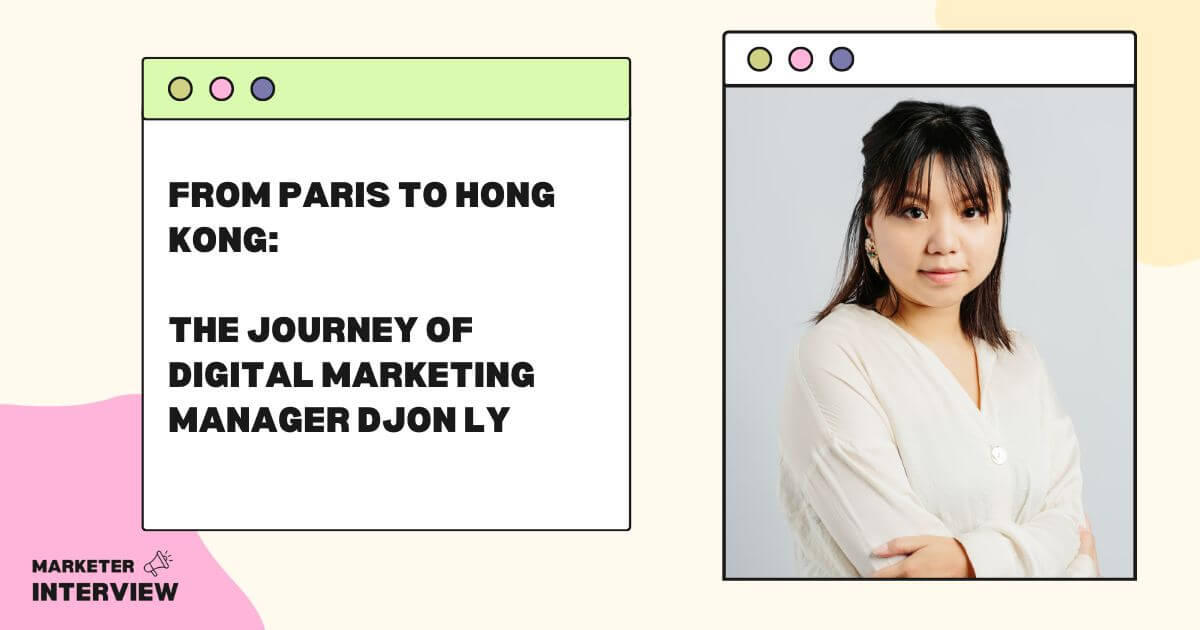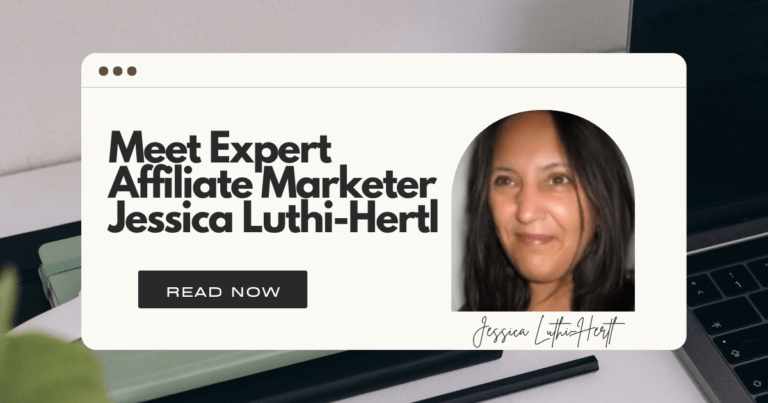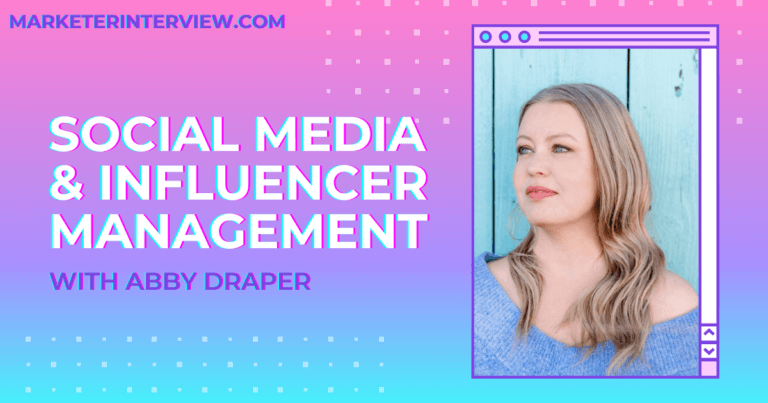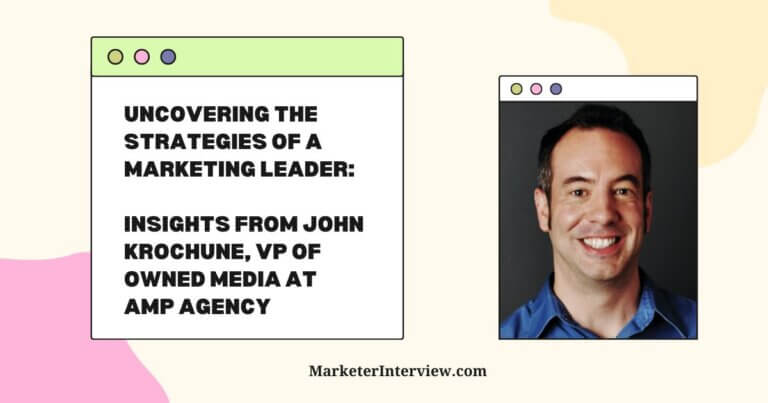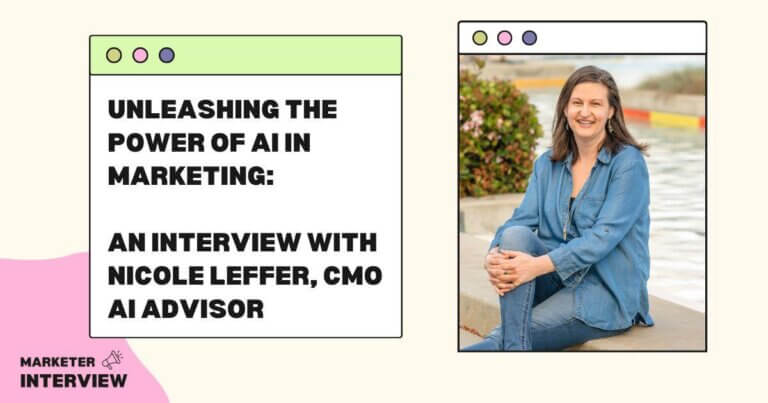From Paris to Hong Kong: The Journey of Digital Marketing Manager Djon Ly
In this interview, we will speak with Djon Ly, a digital marketing manager specializing in leadership, strategy, process, and data.
Djon shares her journey from France to London and eventually to Hong Kong and how her passion for digital marketing has remained consistent.
She also shares how her experience at Statrys has influenced her approach to leadership and describes his approach to developing effective marketing strategies for his clients.
Let’s dive in!
Contents
- 1 Can you tell us about your background and how you got into marketing?
- 2 What inspired you to specialize in leadership, strategy, process, and data in your marketing career?
- 3 How has your work as a digital marketing manager at Statrys influenced your approach to leadership?
- 4 Can you describe your approach to developing effective marketing strategies for your clients?
- 5 How do you balance data-driven decision-making with intuition and creativity in your marketing campaigns?
- 6 What challenges have you faced as a marketer across Asia and Europe?
- 7 What do you think are essential skills for a successful marketer to possess?
- 8 Can you give an example of a particularly successful marketing campaign you worked on?
- 9 What tools and software are most valuable as a digital marketing manager?
- 10 Finally, what advice would you give someone just starting a marketing career?
Can you tell us about your background and how you got into marketing?
I’m original of Laotian heritage, but I grew up in France. After completing my studies in international trade, I pursued a degree in project management at a business school in Paris.
However, my curiosity and passion for digital marketing remained strong. I loved tinkering with different tools and techniques and quickly became adept at adopting new practices.
When I started my first job In Paris, I eagerly shared my enthusiasm for digital marketing with my manager, who kindly gave me a chance to prove myself. Since then, I’ve been actively engaged in the exciting world of digital marketing, constantly learning and growing.
After spending some time in Paris, I broadened my horizons and gained a global perspective on the EMEA markets. So, I moved to London, where I immersed myself in the diverse and dynamic business landscape.
However, my thirst for adventure and new challenges led me to Hong Kong in 2019, where I’ve been thrilled to explore the incredibly dynamic and fast-paced APAC market.
It’s been an exhilarating journey so far, and I’m excited to continue learning and growing as a marketer in this exciting region.
What inspired you to specialize in leadership, strategy, process, and data in your marketing career?
Over the years, I’ve worked with companies of different sizes and explored various aspects of marketing, including SEM, PPC, PR, Branding, and Events in Paris, London, and Hong Kong.
While working in startups and SMEs, I needed to have a more significant impact on the organizations I worked with. Seeing how my decisions could directly affect a company’s success was challenging yet thrilling.
This realization fueled my passion for leadership and strategy. I continue to hone my skills in these areas by joining marketing groups or simply listening to podcasts and reading books.
As for data, my experience in London was particularly influential. I worked closely with the data team to build dashboards for clients. I discovered at that time the power of data to drive conclusions and make informed decisions is both insightful and empowering.
Data helps me focus on a more objective rather than a subjective approach. This led me to redesign my perspective when making marketing strategies and decisions.
How has your work as a digital marketing manager at Statrys influenced your approach to leadership?
It has been an absolute pleasure joining Statrys as a Digital Marketing Manager. As the first marketing professional on board, I knew most of the marketing decisions would rest on my shoulders. However, this presented a unique opportunity for me to grow as a leader.
I have been fortunate to work alongside Bertrand Theaud, the founder of Statrys, who has years of experience and strong leadership skills. He has been an inspiration to me and has helped me shape my leadership approach.
Moreover, working with small business owners and entrepreneurs from everywhere at Statrys has been an incredible learning experience. It has allowed me to understand that there are several ways to become a leader, and I can tailor my approach to becoming the leader I want to be.
I have been developing my leadership skills, especially in communication, decision-making, adaptability, empathy, and negotiation. As a leader, conveying messages clearly and concisely to your team members and management is crucial, and I am continuously improving my communication skills.
Making mistakes is a part of the learning process, and there is always room for improvement. It is all about continuous adaptation while considering the type of leader I aspire to be.
Overall, my experience at Statrys has been an incredible learning journey that has allowed me to develop and refine my leadership style. I am grateful for the opportunity to have grown alongside the company and look forward to continuing to lead and inspire my team.
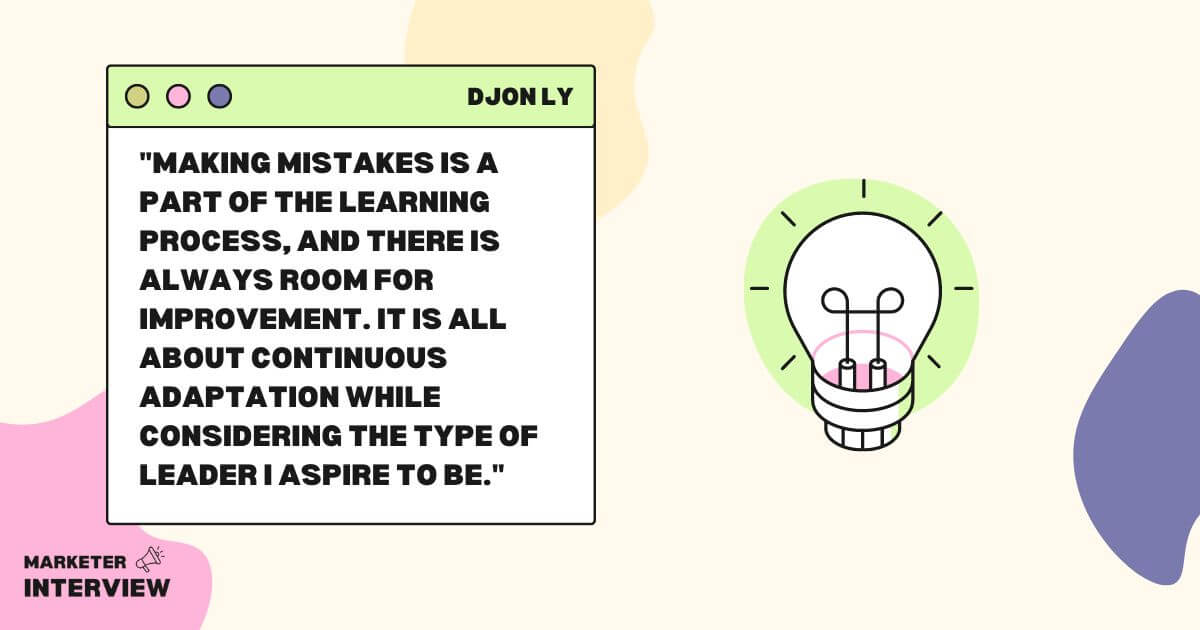
Can you describe your approach to developing effective marketing strategies for your clients?
Developing effective marketing strategies for clients is about understanding the market and the target audience. As a practical person, research is the key to understanding the market, and it involves reaching out to people in the industry and asking questions.
For instance, when I joined Statrys, I knew little about the fintech industry. So, I started by understanding the meaning of the word, the industry regulations, and the key players in the market. This allowed me to dive deeper and gather more granular information.
Once I comprehensively understand the market, I develop a roadmap for creating effective marketing strategies. Finally, I combine this knowledge with available data to build a comprehensive marketing plan that caters to the target audience’s needs.
In addition, I believe in the test-and-learn approach when developing effective marketing strategies. However, I understand that “effective” does not necessarily mean perfect, so I prefer the MVP approach.
I start with a small test and make adjustments based on the feedback received from clients or stakeholders or the data gathered over time. This way, I can continuously improve the marketing strategy and ensure its effectiveness.
How do you balance data-driven decision-making with intuition and creativity in your marketing campaigns?
Great question!
As a marketer, intuition and creativity are essential elements of successful campaigns. I usually start with intuition and creativity, drawing inspiration from what I’ve seen and providing perspective from my intuition. I have learned to trust my intuition, often leads to innovative and unique ideas.
I am aware that intuition can be biased. That’s where data-driven decisions come into play. I believe in balancing creativity and intuition with data-driven insights that challenge my intuition. Data allows me to validate my assumptions and test my ideas.
In summary, I’d like to enjoy beginning with bold, “crazy,” innovative ideas and refining them with data over time.
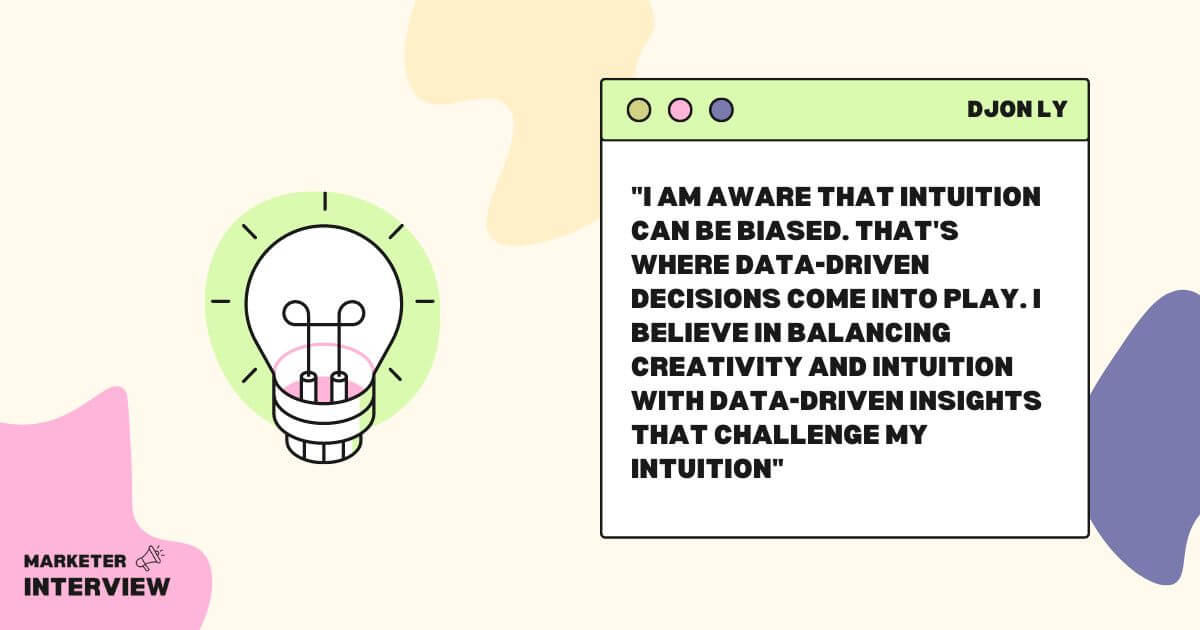
What challenges have you faced as a marketer across Asia and Europe?
As a marketer working across Asia and Europe, I have faced several challenges that have required me to be adaptable, culturally aware, and adept at communicating across language barriers.
One of the biggest challenges I have encountered is adaptability. Each market has its unique behavior and may not experience the same progress regarding trends.
For instance, in the fintech industry, the UK was quick to adopt the technology, while in France, trust was a key factor that delayed its adoption. Similarly, in APAC, while super apps like WeChat, Kakao, or Line are popular, the way of adoption and usage varies.
Culture is another significant factor that drives behavior; it’s something not to miss. By exploring the history of a country, you can already gain valuable insights into why a nation behaves in a certain way.
However, there are a lot of clichés about nations and countries, and I use them to my advantage by asking locals for their perspectives. For instance, I may ask a local if a certain stereotype is true or their thoughts about a particular cultural norm. This way, I can better understand the culture and tailor my marketing strategies to resonate with the target audience.
The language barrier is a challenge that I have encountered while working as a marketer. The language barrier has two concepts: spoken language and the way of communication.
Even though English is the most commonly used language for businesses, the language barrier can still pose challenges in the spoken language. Translating ideas with local idioms can be frustrating, and it can be challenging to convey the message. I have learned to explain my thought process and provide context for my ideas, allowing better understanding and collaboration.
Regarding communication, I have learned to adjust my approach to suit the person I speak with. Different cultures have different communication styles, and it’s essential to be aware of these differences to ensure effective communication. By adapting my communication style, I can build stronger relationships with clients and colleagues, regardless of language barriers.
What do you think are essential skills for a successful marketer to possess?
The most critical skills for a successful marketer are adaptability and curiosity.
The market is constantly evolving, and staying up to date with the latest trends and changes are essential. As a marketer, you must be able to adjust your strategies to suit the changing market landscape quickly, and this requires a high degree of adaptability.
Moreover, curiosity is also a vital skill for a marketer. Curiosity allows you to ask questions and explore new ideas, leading to innovative marketing strategies that stand out.
Can you give an example of a particularly successful marketing campaign you worked on?
I participated in a successful campaign for Statrys, which aimed to promote 0 fees on CNH currency conversion and increase awareness of our offering while boosting the conversion rate.
The campaign’s success can be attributed to several factors.
Firstly, the timing. We capitalized on the favorable FX market conditions and launched the campaign when the CNH rate was low, maximizing its impact.
Secondly, we conducted extensive research on our target audience and their location to ensure we created engaging content and eye-catching visuals that resonated with them. Finally, our personalized approach addressed our audience’s pain points and focused on solving the high fees associated with CNH currency conversion.
Thirdly, we leveraged different channels, such as social media, display ads, and our website, to promote the campaign and increase its visibility.
As a result of our efforts, the campaign achieved an impressive conversion rate of 128% over three months. This success was primarily due to our audience-focused approach that prioritized meeting their needs and preferences.
What tools and software are most valuable as a digital marketing manager?
Firstly, I use Microsoft Suite. They may seem basic, but I use them daily, especially Excel, with my data work.
In terms of more specialized tools, there are a few that I believe are essential:
1. Analytics and data tools like Google Analytics 4 or alternatives like Heap or Mixpanel provide valuable insights into website traffic, user behavior, and campaign performance. A tool that I check every day.
2. Content management tools like WordPress for managing and publishing website content.
3. CRM software like Salesforce or HubSpot for managing customer data, tracking leads, and automating marketing campaigns.
4. Email marketing tools like Mailchimp or Sendgrid for creating and sending targeted email campaigns to customers.
5. Social media management tools like Hootsuite or Sprout Social enable me to manage multiple social media accounts, schedule posts, and track engagement.
Of course, the specific tools and software you use will depend on your specialty and your business needs. But having a good understanding of the range of tools available and the needs they’re answering will help digital marketers to optimize their work.
Finally, what advice would you give someone just starting a marketing career?
My advice would be to remember that everyone has to start somewhere. Seek opportunities to learn and grow in the areas you wish, whether through training programs, mentorship, or hands-on experience.
It’s essential to have the drive and determination to succeed, even if you still need to get a degree in marketing. You can learn technical skills online and anytime, so if you’re willing to put in the effort, you can make it in the marketing industry.
Remember to stay curious and open-minded, always willing to learn and adapt to changes in the industry. Then, with hard work and dedication, you can succeed in a marketing career and make a meaningful impact.
